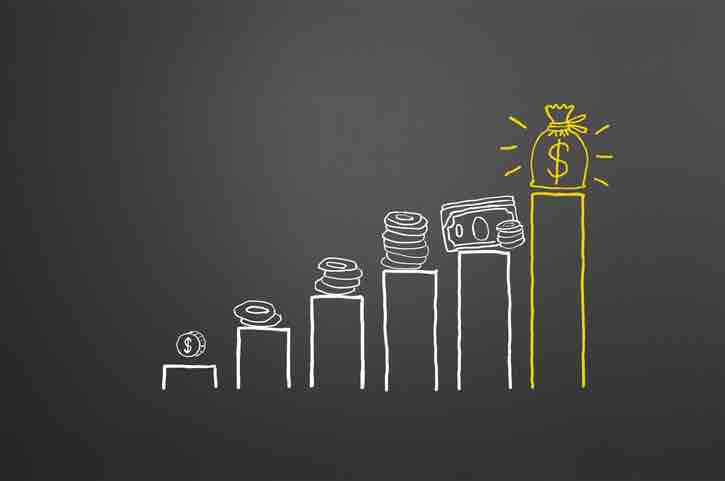
The looming burden of student loan repayments is casting a shadow on business students’ ambitions, their wallets, and their future.
Back in August 2022, borrowers experienced a mix of emotions – from cautious optimism to a sense of long-awaited validation — when the Biden administration announced that it would forgive up to $10,000 of student loan debt for individuals with an extra potential $20,000 in forgiveness for Pell Grant recipients. But that plan went up in smoke when it was struck down by the U.S. Supreme Court in June.
With payments set to resume this fall, the student loan crisis in the United States has reached a boiling point, with a staggering 62% of 1,000 surveyed borrowers expressing a strong inclination towards boycotting loan payments according to a newly released survey from Intelligent.com.
PAYMENT RESUMPTION: A BALANCING ACT FOR B-SCHOOL GRADS
While the boycott movement is gaining traction across various segments of the population, it holds particular significance for B-school graduates, who outnumber their colleagues in any other major. As key players in the education and business ecosystem, they have concerns that make them likely to jump in on this movement.
Savings are already tight, with 32% of those who had earned college or postgraduate degrees within the last 10 years saying they had less than $5,000 in savings. Tuition costs are only going up, so how will current and future graduates pay? Well, according to the survey, 72% have already taken on or plan to take on extra work in preparation for their loan payments.
As one might expect, there is risk to a boycotting. In the survey, Rikin Shah, former head of business operations at the student loan refinancing company Earnest, “Boycotting student loan payments can lead to severe financial consequences for borrowers including damaged credit scores, garnished wages, seized tax refunds, and ballooning loan balances from accumulating interest.”
BELIEF IN DEBT FORGIVENESS A MOTIVATING FACTOR
The survey found that 3 in 4 voters are influenced by a candidate’s stance on student loans, and they are more likely to align their political choices with candidates who propose meaningful solutions to the student debt crisis — but it is yet to be seen if this will continue to be the case after this faltered go at loan forgiveness.
What results are graduates hoping to get from a boycott? Well, they’d like to bring more attention to this conversation, help elect officials that believe in debt forgiveness, and maybe most significantly, they’d like to get all or some debt relief.
Interestingly, a substantial 45% expressed the view that they considered the possibility of complete federal student debt forgiveness as either ‘somewhat’ (27%) or ‘highly likely’ (18%). If successful, this outcome would mark an unparalleled occurrence in the US and take a huge burden off of over 43 million people.
DON’T MISS PUBLIC-SCHOOL TUITION IS HIGHEST AT THESE 10 UNIVERSITIES AND THEIR B-SCHOOLS AND MBA DEBT BURDEN: THE EMBARRASSING DATA POINT THAT B-SCHOOLS STOPPED REPORTING











Questions about this article? Email us or leave a comment below.